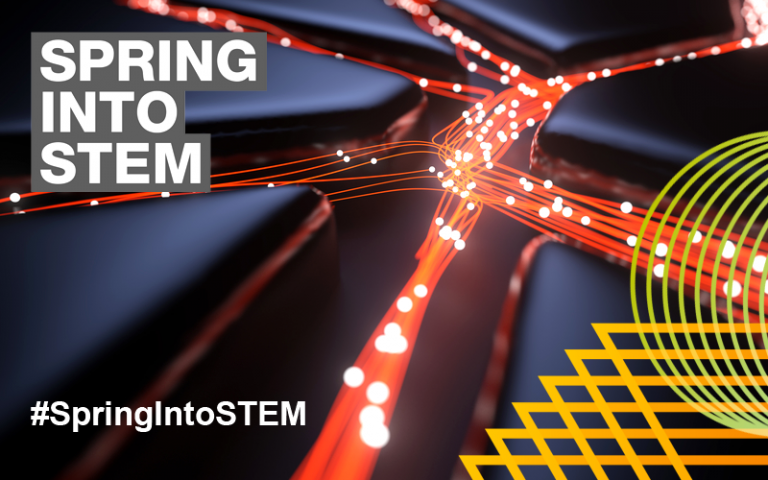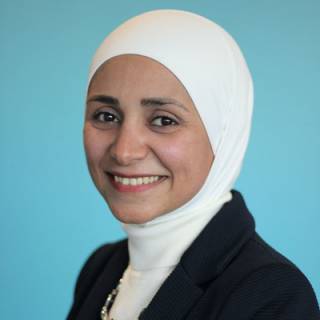Spring into STEM: Machine learning as a potential tool for disease diagnosis
31 May 2022, 11:30 am–12:00 pm

UCL Mechanical Engineering is pleased to present 'Machine learning as a potential tool for disease diagnosis', one of four lectures brought to you by the department as part of the 2022 Spring into STEM webinars.
This event is free.
Event Information
Open to
- All
Availability
- Yes
Cost
- Free
Organiser
-
UCL Mechanical Engineering
In this lightning talk on 31 May, 11:30–12pm, Dr Lama Hamadeh will discuss how machine learning algorithms can be a reliable, cheap and quick tool for disease diagnosis. Join us to find out how they can replace expensive and large equipment just by analysing images of dried blood droplets...
See the full range of lectures from the Spring into STEM series
Please note: UCL uses a third party (Zoom) to administer our webinar/virtual open days and manage your personal information on our behalf. If you are happy for us to process your data solely for this purpose, please continue by entering your details in the registration form. Our Prospective Student Privacy notice is available here.
About the Speaker
Dr Lama Hamadeh
Lecturer (Teaching) in Engineering Maths/Computing at the Department of Mechanical Engineering

Other events in this series
 Close
Close

